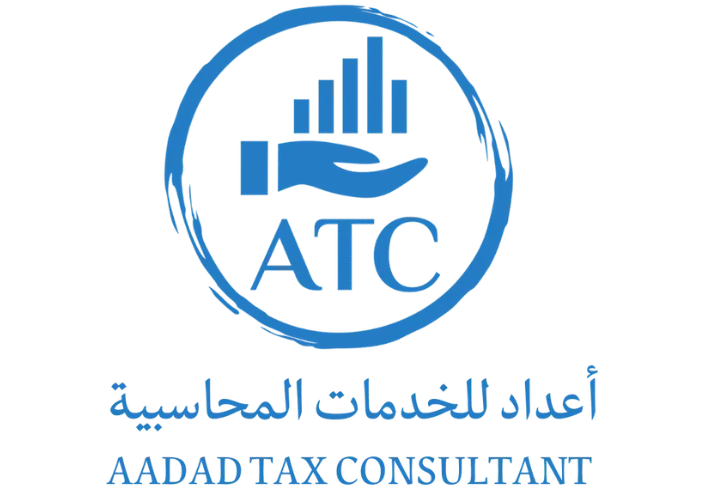Excise tax was implemented across the UAE in 2017 as part of the country’s broader efforts to regulate and manage the consumption of certain goods. This form of indirect tax is specifically levied on goods that are considered detrimental to human health or the environment. Such goods are classified as “excise goods†and are subject to taxation to discourage their use and mitigate their adverse impacts.
The determination of whether a product qualifies as an excise good is based on specific definitions and criteria established by the Federal Tax Authority (FTA). These definitions provide a clear framework for identifying which items fall under the excise tax regime. Generally, excise goods include, but are not limited to, products like tobacco, energy drinks, and carbonated beverages, which are subject to higher tax rates due to their harmful effects.




